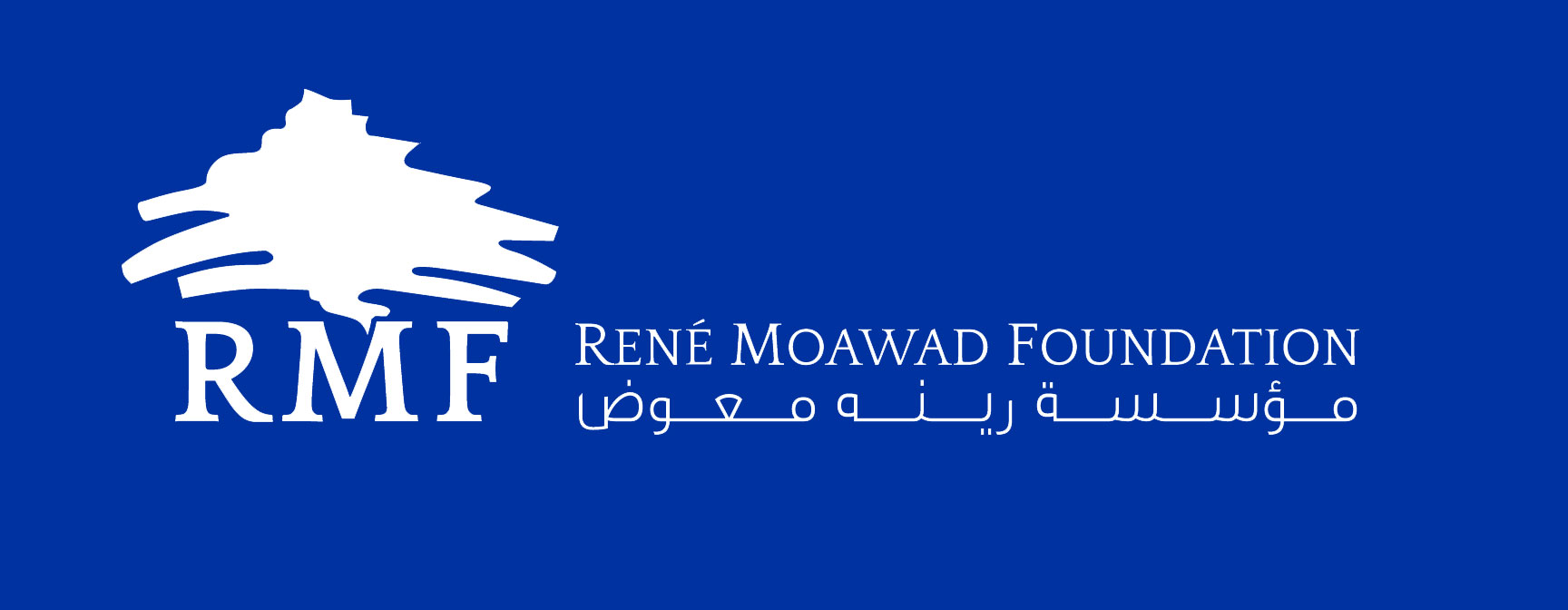Kfardlakos citizens express how they’ve regained their trust in NGOs as USAID completes a project involving the installation of Solar Water Heaters and LED Streetlights in their Town
When it comes to Humanitarian work and Philanthropy, it is often thought that since good intentions are present, and one side has a willingness to give or to assist, then naturally the second party, the beneficiaries, should by default have a willingness to receive. However, after decades of less-than-perfect implementation of projects, NGO work has been shunned in some areas of Lebanon, which gave birth to a new challenge for those involved in humanitarian work in the country, embodied by a general lack of trust in their ventures, as they scan regions for vulnerable populations with very tangible and dire needs.
“Initially we weren’t sure what to expect, we were let down by NGOs before” stated Ms. Zeina Al Ba’ee, one of the members of the families which benefited from the 64 Solar Water Heaters installed in Kfardlakos. “RMF funded by USAID did an excellent job, and they were very warm and friendly, and thankfully, the Water Heaters work great, and we’re saving a lot of money on electricity each month, I’m glad I voiced my need. I hope that we have more projects implemented by RMF and USAID moving forward,” she added.
Mayor Mansour Nakad expressed that there was a general lack of trust by locals regarding the project as NGOs having been accumulating a poor reputation over the years, be it due to hearsay or to actual malpractice. “It’s a small town, and locals got to see how precise and meticulous the work of RMF is, and suddenly, those who told us they wanted no part in the project came back regretful, asking us if more Water Heaters will be installed in the future!” M. Nakad exclaimed.
As an active member of Kfradlakos’ municipality, M. Marcel Nakad said that many families were pleased with the 83 LED streetlights which were installed in the region as part of the same project. He elaborated by stating that it helps locals feel safer at night, when street lights aren’t always on, and he only wished that more security enforcing projects, such as the installation of street cameras, could be implemented by RMF and USAID in the future.
Around 4870 residents benefited from the project, as local beneficiaries and citizens alike said that if all future projects in the town carry the same level of seriousness in application, and sincerity in terms of humanitarianism, focusing purely on needs without segregation, then their trust in NGO work, which was once lost, can now be considered “restored”.

